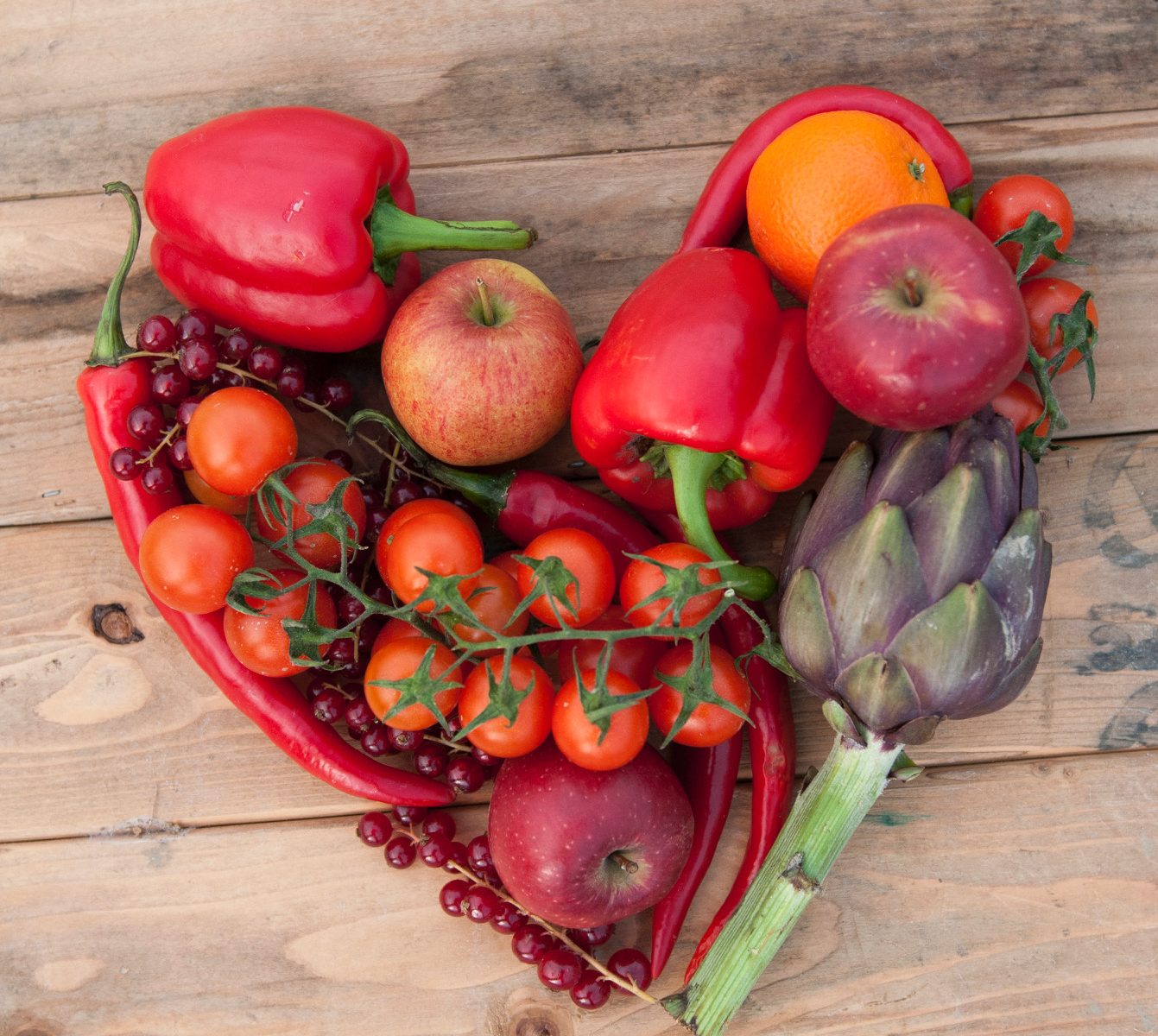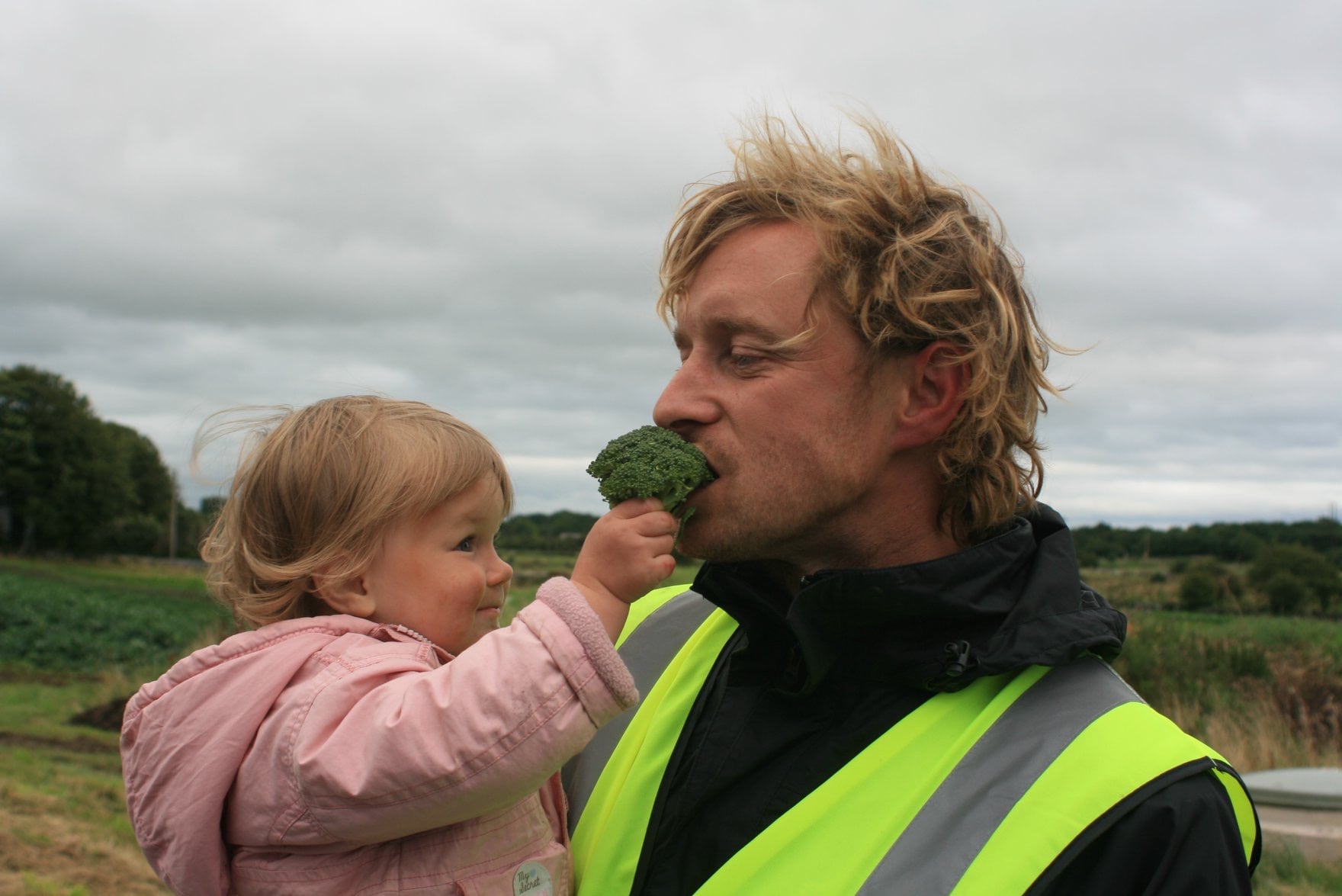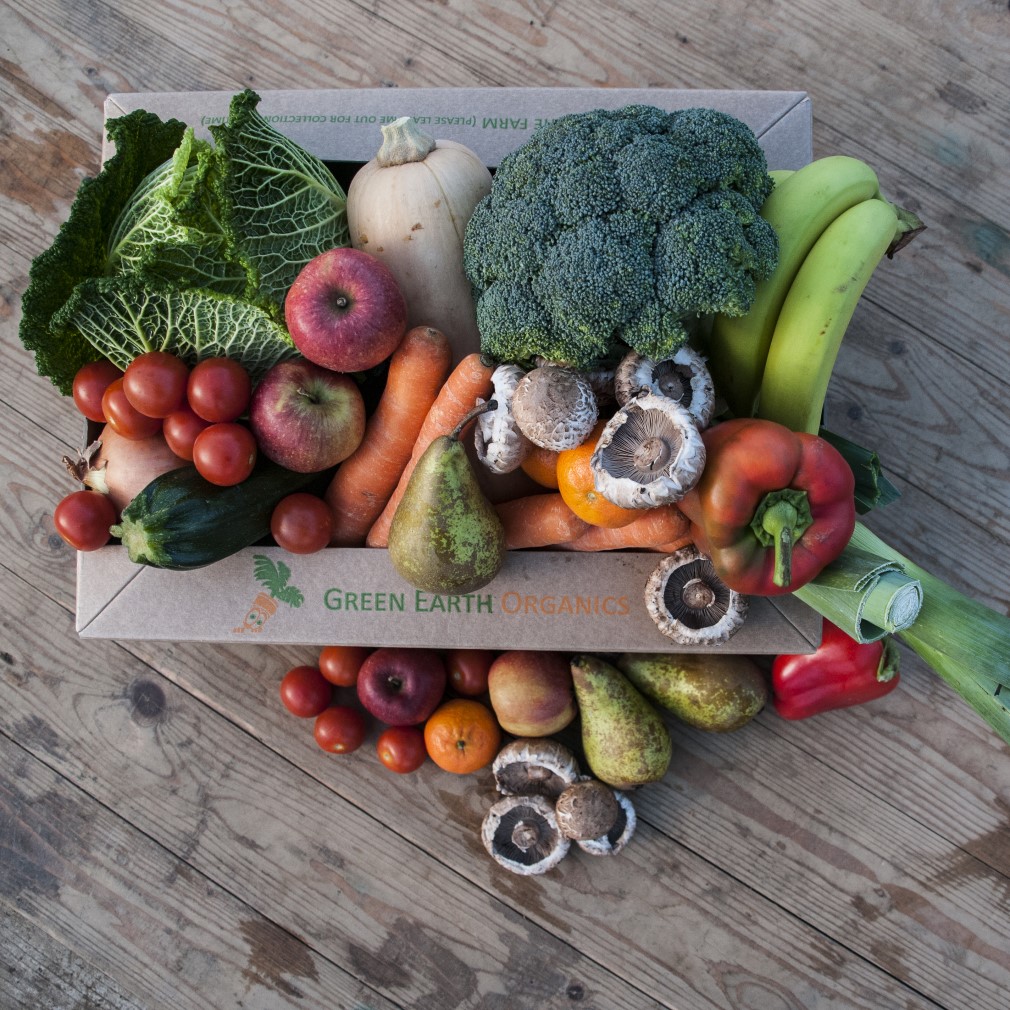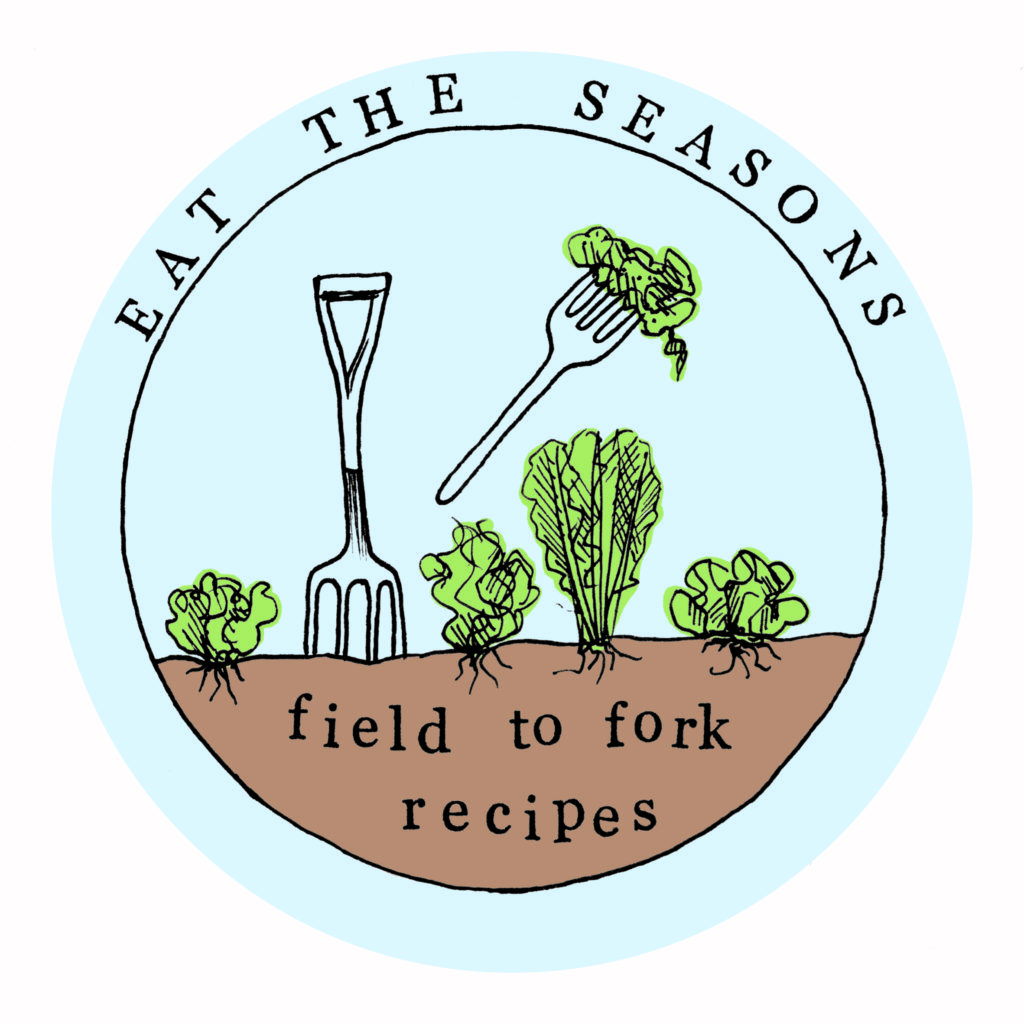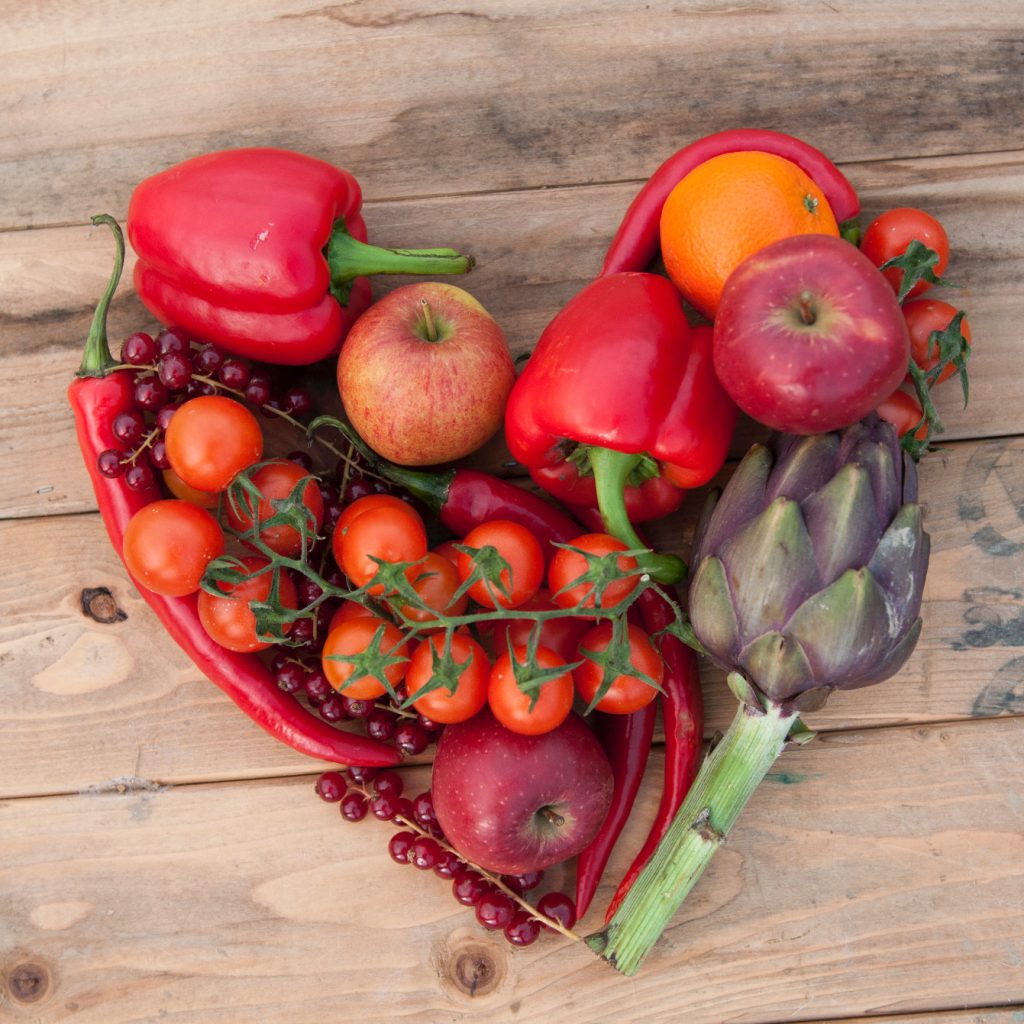
Heart health is central to overall good health. In Ireland, heart disease is the leading cause of death. Approximately 10,000 people die in Ireland from Cardiovascular Disease each year, accounting for 36% of deaths. Thankfully there is a lot we can do to prevent heart disease. As well as avoiding stress and moving our bodies, what we eat can really boost our heart health. These 5 main heart-healthy food groups are important to include in your diet. We can make it easy with a regular delivery of fruit, veg and groceries to your door. Explore all we have to offer here. We deliver nationwide to every address in Ireland and Northern Ireland.
Check out these recipes developed specifically with heart health in mind – Heart Health Bowls and Smoothies for Heart Health.
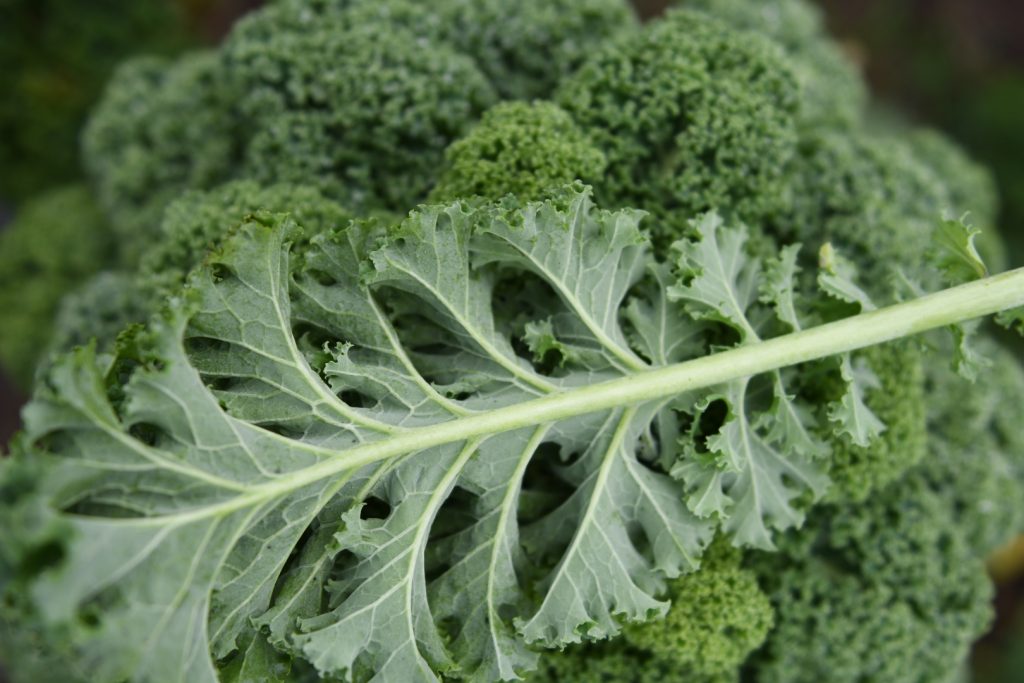
1. Leafy Greens
Leafy green vegetables like spinach, kale, chard and cabbages are exceptionally high in vitamin K and nitrates. These help reduce blood pressure and improve the function of our arteries. Studies have shown that a higher intake of leafy greens is associated with a lower risk of heart disease. We always have a good range of leafy greens in our online shop. We grow a lot of organic kale, cabbages, spinach and chard on our farm here in Galway, and we also source greens from other organic farms when we don’t have enough of our own grown produce. It’s very important to us to keep your leafy greens needs fulfilled year round.
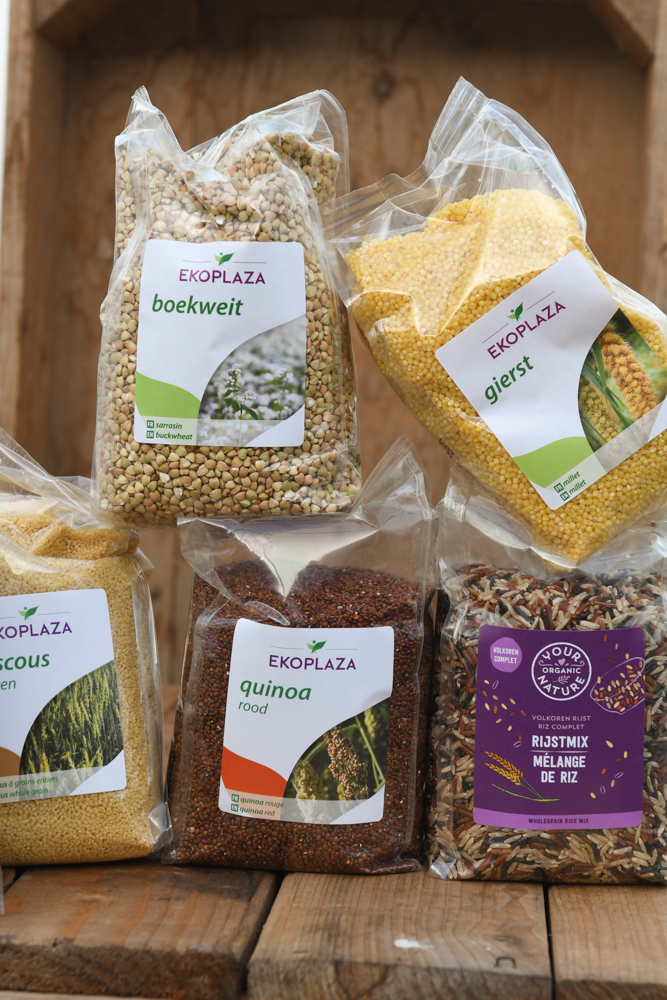
2. Whole Grains
Choosing whole-grains over refined grains can help improve your heart health. Whole-grains (like oats, barley, buckwheat, brown rice, wholewheat flour, quinoa…) include all three nutritious parts of the grain as it is found on the plant: the bran, germ and endosperm. Refined grains (like white rice, white flour and associated products like pasta, white breads/crackers etc), on the other hand, are processed and some of the grain is removed. Wholegrain foods therefore contain far more fibre, vitamins and minerals than refined grain foods. Studies show that eating whole grains lowers cholesterol and blood pressure, which leads to a lower risk of heart disease. We stock plenty of whole grains in clever compostable packaging. Check out our range of sustainable groceries to compliment our organic fresh produce here.
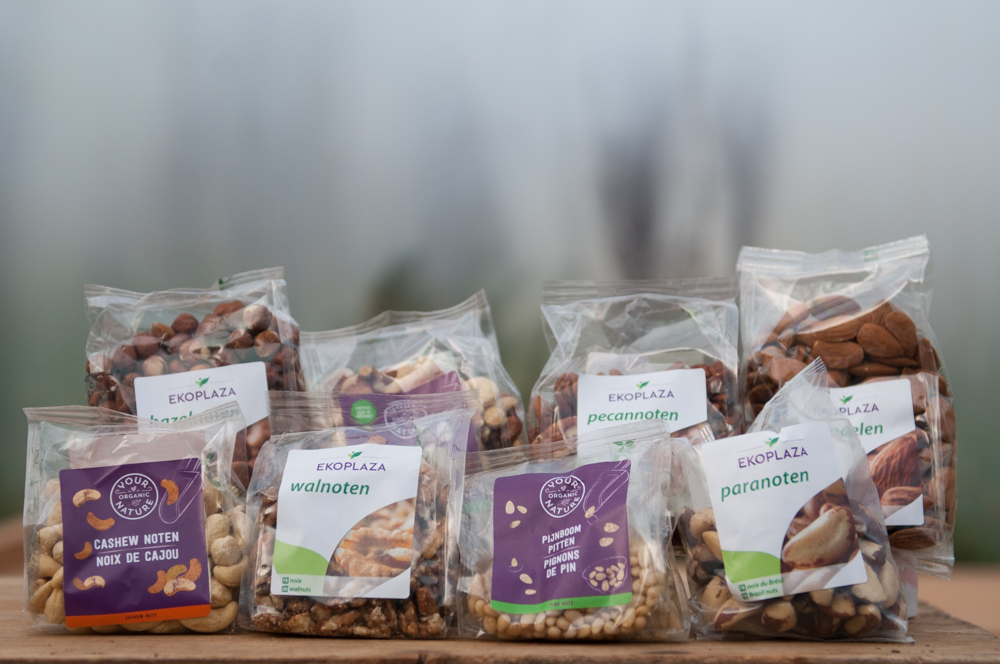
3. Healthy Fats
Nuts, seeds, avocados, olive oil… foods rich in unsaturated fats and essential fatty acids are crucial for heart health. They increase ‘good’ cholesterol which reduces ‘bad’ cholesterol and improves your blood pressure. Cholesterol is arguably one of the most misunderstood substances. Your body needs cholesterol to perform important jobs, such as making hormones and building cells. It can be complicated but generally foods made from animals, including red meat, butter, and cheese, have a lot of saturated fats. Whereas plant based sources of fats like avocados, olive oil, nuts and seeds contain healthy unsaturated fats.
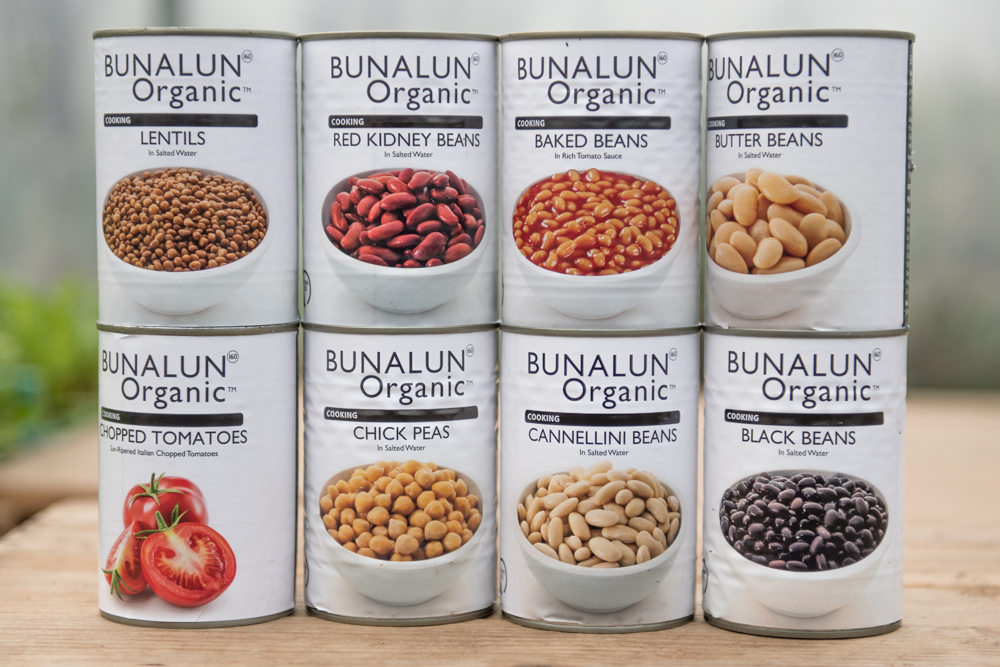
4. Legumes
Beans, chickpeas and lentils are incredibly healthy foods. Good for you and good for the planet, not to mention affordable and filling. Legumes are especially beneficial for heart health because they are high in resistant starch (which your microbiome loves) and have been shown to reduce levels of cholesterol and triglycerides, lower blood pressure, and decrease inflammation.
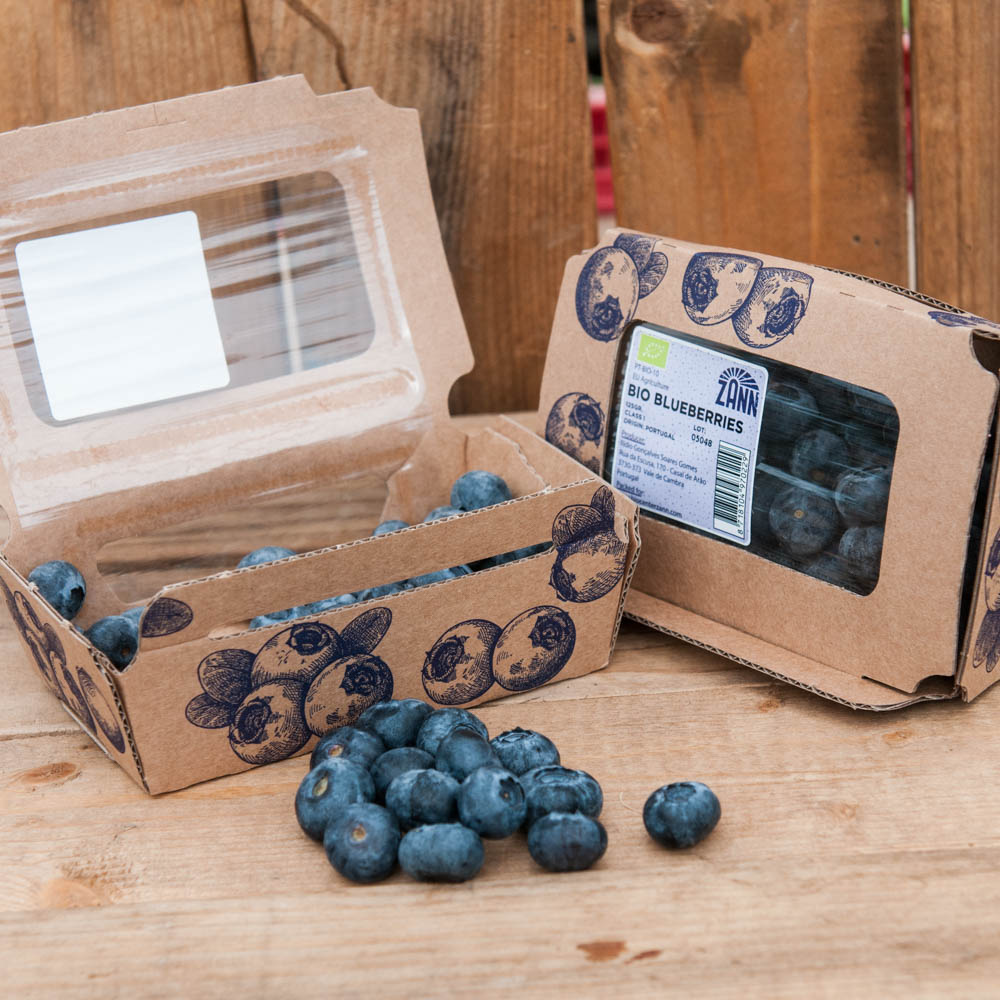
5. Antioxidant Rich Foods
Berries, beetroots, tomatoes, green tea, dark chocolate… foods that are high in antioxidants are good for your heart. When we eat fruits and vegetables rich in antioxidants, our bodies use them to prevent cell damage, reduce inflammation, and protect the health of our heart.

